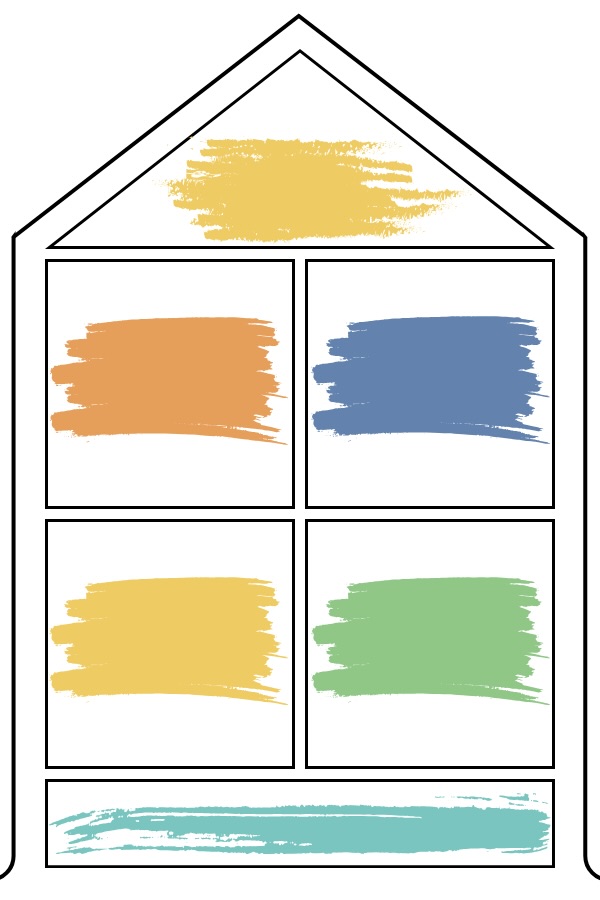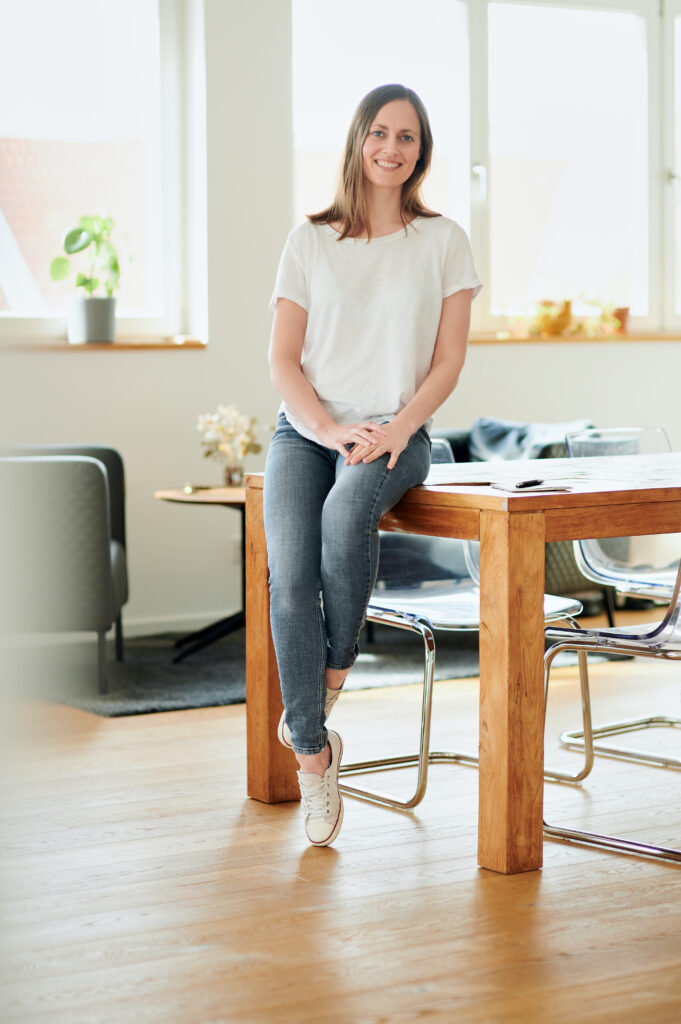Why Change is essential
Healthcare is facing rising challenges, growing demands, and increasing complexity. Yet meaningful change only takes hold when clear structures, shared responsibility, and needs-driven collaboration are in place.
The greatest potential still lies in people and in how they work together.
The Organisational House

An organisation is like a house. It has rooms where collaboration happens and it is supported by walls and a solid foundation that holds it all together. It shapes how people live and work together, while also being sculpted by the people inside it.
•
Such a house is constantly evolving. It is designed, built, tended to, renewed and extended. There is no universal blueprint for keeping a house stable and liveable in the long run. But there are tools and methods that help people care for it together.
•
In your own home, you would not replace the roof, the walls, and all the furniture in a single day. Yet this is often how organisations attempt change. And it is one of the main reasons it fails. Change takes time. Step by step, improvements begin to show.
Three Ways to begin Change
A low-threshold starting point
An introduction through digital learning units, open workshops and inspiring impulses.
learn moreClarity on areas for action
A shared point of orientation: Where are we now? What do we need? What is possible?
learn moreEffective and sustainable change
A modular program or long-term transformation support for structural and cultural development.
learn moreImpact
For individuals
Greater clarity, a stronger sense of agency, and more satisfaction, because people understand what they need and how they can contribute effectively.
•
For teams
Stronger relationships, clearer ways of working, and ongoing development, because structures are transparent and tensions can be resolved.
•
For organisations
Future readiness through living, supportive structures, because humanity, efficiency, and culture work hand in hand.
•
For patients
Wellbeing, satisfaction, and improved quality of care, because they are supported with empathy, safety and a holistic approach.
Bridge-Builder between People and Systems

Nadja Nardini
Organisational Development | Training | Research
I design working environments that support the people within them.
I guide organisations, teams, and leaders through structural, human, and cultural transformation.
Clear. Human. Doable.
